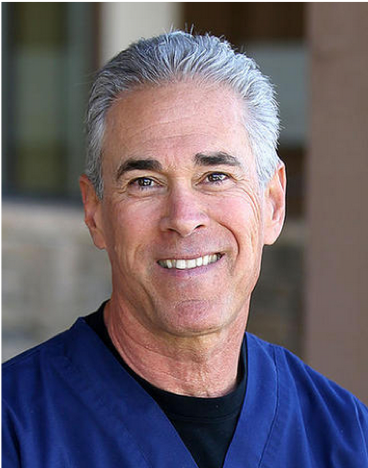What is psoriasis?
A chronic skin disorder that affects at least 4 million people in the United States.
What causes psoriasis?
No one knows. Skin injury, emotional stress and some forms of infections are said to trigger its development.
Who gets psoriasis?
Men and Women in equal numbers at any age, but most often between the ages of 15 to 35. Psoriasias has been diagnosed for the first time in people of advanced age. It also strikes children. About 150,000 new cases of psoriases are diagnosed each year.
Is Psoriasis contagious?
No
Is anyone ever safe from psoriasis?
Everyone is a potential victim, but hereditary factors are thought to play an important part, however, the pattern of inheritance has not been clearly established.
How serious is Psoriasis?
There are many clinical variations of the disease. Skin involvement can range from a few psoriatic plaques, or lesions, to involvement of large areas of the body. At its worst, there can be extreme sloughing off of a major portion of the skin (called exfoliation).
What causes Psoriatic Plagues?
When the cells of the top layer of skin the epidermis form too soon and never mature, psoriasis has begun. A normal skin cell matures in 28 to 30 days as it passes from the bottom to the top. Psoriatic cells form in 6 to 8 days and proliferate chaotically.
Is there a cure for Psoriasis?
No, but for many victims of the disease, control is possible. Some people may have remissions of the disease for long periods of time. In rare cases sometimes the disease may disappear entirely.
What about Psoriasis in children?
In general, the course of Psoriasis in children is mild. The plaque tends to be thinner and softer. Care must be taken by the child and the parents to understand treatment, and the reasons it must be used carefully and consistently. When psoriasis appears in childhood, there is reason to believe it indicated increased severity in adult life.
Can Psoriasis lead to other diseases?
Approximately 10 percent of people with psoriasis suffer from psoriatic arthritis which is generally mild in nature. However, in some instances it can be disabling.
If I think I have Psoriasis what should I do?
See a doctor. Diagnosis is made entirely by a physician’s observation of the skin, supported by study of psoriatic plaque cells under a microscope. There is no medical test for psoriasis.
Is Psoriasis treatment expensive?
Medication and visits to the doctor are necessary to achieve control. Severe cases may require periods of hospitalization for treatment. It is estimated 56 million man hours of work are lost each year by people who suffer from psoriasis and that one billion dollars are spent annually for treatment.
Can people with Psoriasis hold down jobs?
Yes, as long as the condition can be treated at home on a daily basis. However, prolonged periods of hospitalization or prescribed self-application of pungent or unattractive treatments may interfere with employment. The appearance of visible psoriasis (face, hands, ect...) may be held unsuitable for some types of employment.
Is there hope that a cure will be found?
Yes. Publicly and privately financed research is in progress now that could lead to universal control or cure.
What should I do?
Contact the National Psoriasis Foundation (NPF) to request a comprehensive packet of information. Then, become an NPF member to help support public education and research.
